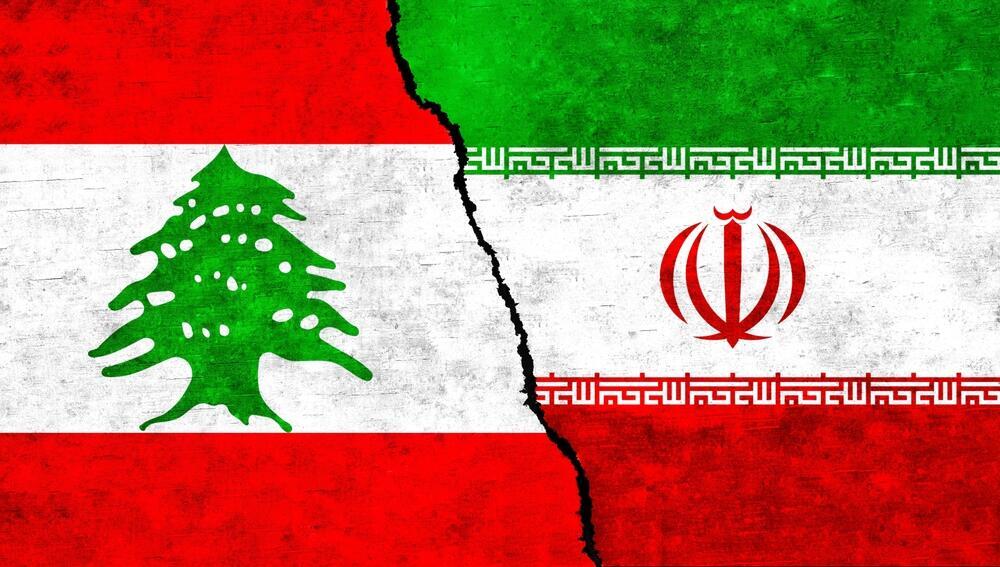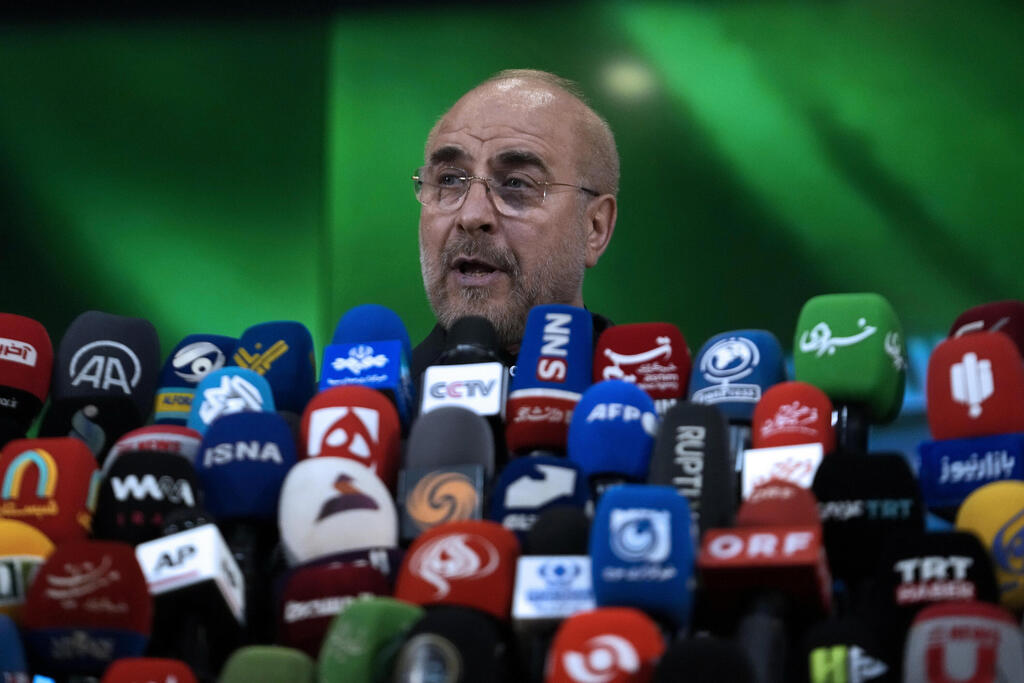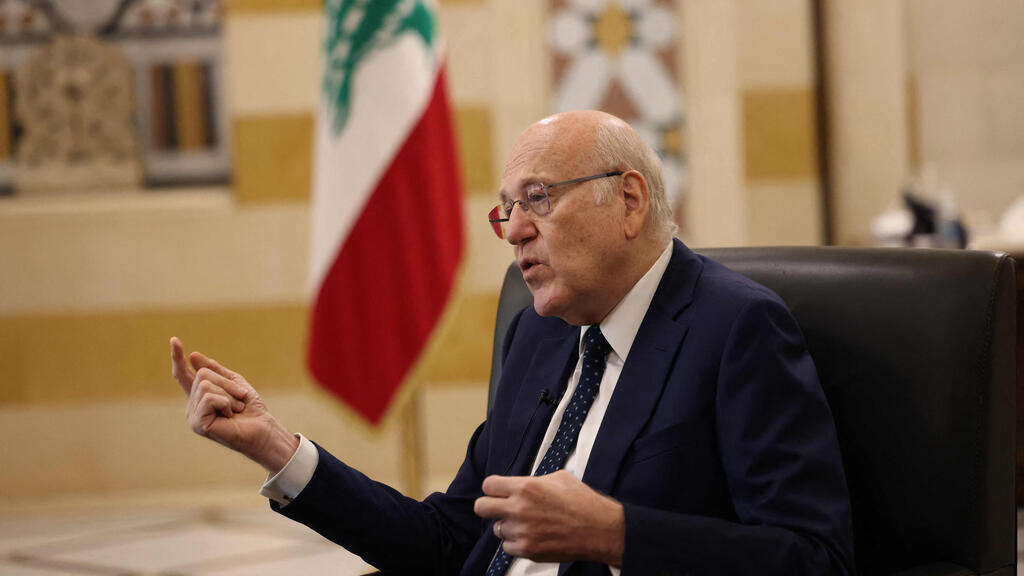Getting your Trinity Audio player ready...
A rare confrontation between the Lebanese government and Iran took place on Friday after a senior Iranian official said Tehran was willing to negotiate the implementation of UN Resolution 1701 from 2006, which brought an end to the Second Lebanon War and stipulated Hezbollah terrorists would not be allowed to operate south of the Litani River.
The unusual statement, viewed in Beirut as a violation of its sovereignty, was made by Iranian Parliament Speaker Mohammad Bagher Ghalibaf in an interview with the French newspaper Le Figaro. In the interview, Ghalibaf also said that France could serve as a mediator between Hezbollah and Israel.
"There’s no such thing as Israel, only a Zionist regime, which is an armed wing of the U.S. and not worth negotiating with,” he said, but added, "We see a faint light at the end of the tunnel, a light that indicates Iran is willing to negotiate with France, a country that has traditionally defended Lebanon, regarding the specific conditions for implementing Resolution 1701."
Lebanese Prime Minister Najib Mikati expressed his outrage over the remarks and ordered the Iranian embassy chargé d'affaires to be summoned following the statement (the ambassador himself was injured in September’s pager attack and was evacuated to Tehran).
"We’re surprised by the Iranian Parliament Speaker’s statements. This declaration is an outrageous interference in Lebanon's affairs and an attempt to establish unacceptable control," Mikati said.
"We informed the Iranian Foreign Minister and the Parliament Speaker during their recent visits to Lebanon that the Lebanese situation must be understood, especially since Lebanon is facing unprecedented Israeli attacks, and we’re working with all of Lebanon's allies, including France, to pressure Israel to a cease-fire," Mikati added.
"The issue of negotiating the implementation of UN Resolution 1701 is managed by the state of Lebanon, and everyone is required to support it in this direction rather than impose new mandates, which are unacceptable from every national and sovereign perspective,” he added.
Mikati has been heading a caretaker government for a long time due to his country’s prolonged political crisis. Although his government is weak and impoverished, some hope to strengthen it as part of a future settlement that could potentially end the conflict in the north based on the implementation of the UN’s resolution.
Iran attempted to clarify Ghalibaf's remarks following Mikati’s response. A source close to the Iranian Parliament Speaker told the Hezbollah-affiliated network Al-Mayadeen, "Ghalibaf's position affirms that Iran will support whatever the Lebanese government and Hezbollah support regarding a cease-fire. Cooperation with Europe aims to assist in reaching a cease-fire agreement that both the Lebanese government and Hezbollah will endorse."






